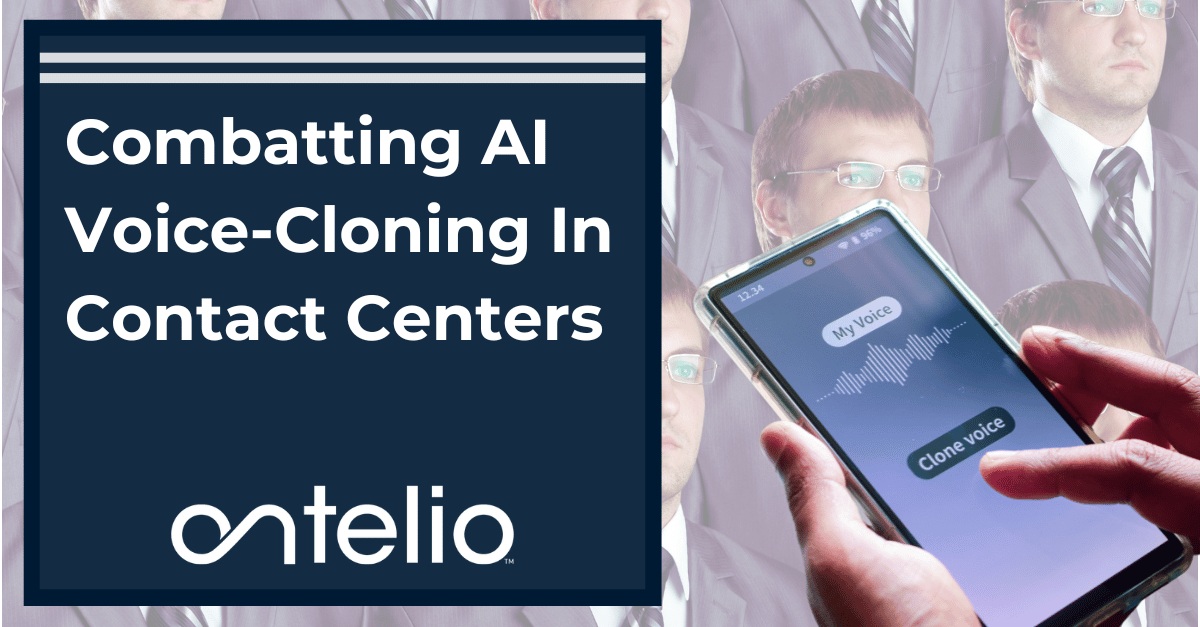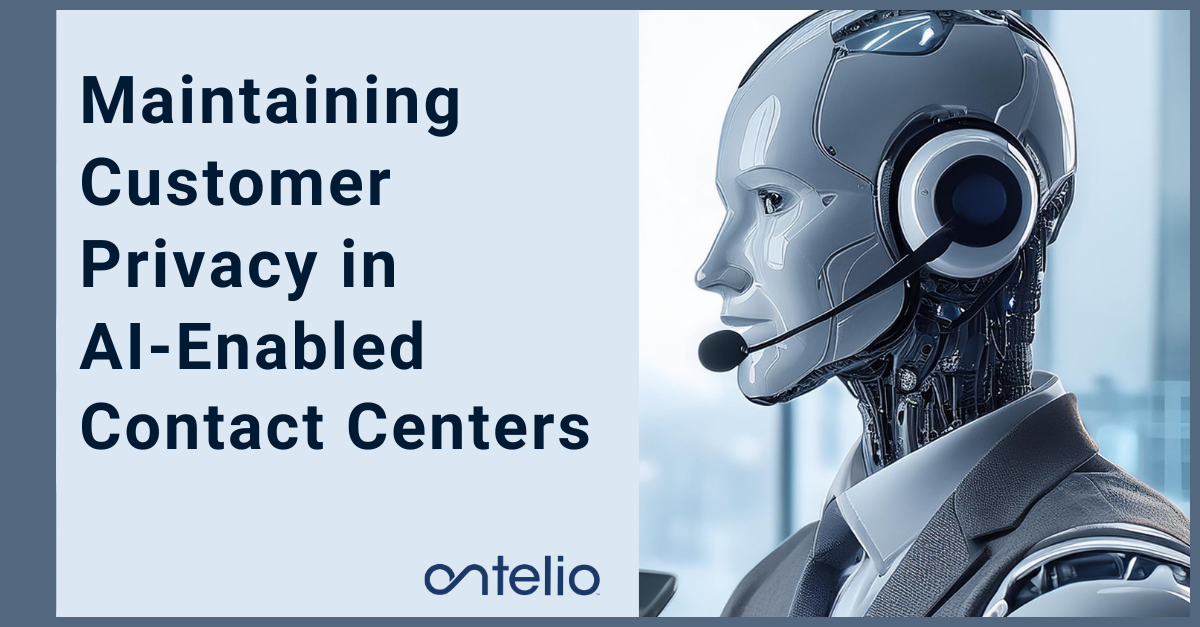Maximizing ROI for Regulatory Compliance and AI Model Training
Today organizations face constant pressure to safeguard customer information while navigating a maze of regulatory requirements. Compliance is not...
2 min read
Marcel Fournier Jul 29, 2024 8:54:26 AM

The transformative power of Artificial Intelligence (AI) is undeniable, reshaping industries and operational strategies. However, this rapid evolution brings significant responsibility, particularly concerning data privacy. Chief Information Officers (CIOs) and Chief Information Security Officers (CISOs) face the challenge of integrating AI advancements into their businesses while adhering to strict data privacy regulations. This exploration focuses on how AI impacts various sectors like healthcare and finance and the implications for data privacy and compliance.

AI's integration into business operations presents numerous opportunities, such as enhanced efficiency through automation, improved decision-making via predictive analytics, and innovative customer engagement avenues. These benefits are supported by AI's ability to analyze extensive datasets rapidly and accurately, unlocking previously inaccessible insights. However, the deployment of AI also introduces significant risks, including data breaches, privacy concerns, and the potential for AI to amplify biases. Balancing these benefits and risks requires a judicious and strategic approach to AI deployment.
Understanding and complying with data privacy laws like the General Data Protection Regulation (GDPR) in the European Union and the California Consumer Privacy Act (CCPA) in the United States is critical. These regulations emphasize the rights of individuals over their personal data and necessitate careful data handling within AI applications. Non-compliance can lead to substantial penalties, underscoring the importance of these laws in AI deployment.
Laws such as Brazil's General Data Protection Law (LGPD) and India's Personal Data Protection Bill illustrate the global trend toward stringent data privacy. These developments highlight the increasingly complex regulatory landscape that CIOs and CISOs must navigate, requiring continuous adaptation and comprehensive knowledge of international regulations.
Deploying AI in a business setting requires a holistic approach that considers legal, ethical, and technological implications. Effective risk management, including conducting thorough assessments for AI projects, is essential. This involves not only legal compliance but also addressing ethical concerns such as data bias and transparency.
Establishing robust data governance policies, conducting regular audits, and ensuring employee training in privacy principles and ethical AI usage are key best practices. Transparency in AI systems, including the explainability of AI decisions, is essential for maintaining public trust and compliance.
The future of AI and data privacy will likely see a shift from traditional encryption methods to more sophisticated solutions like data redaction. The advent of quantum computing and advanced AI models poses new challenges to encryption methods, potentially compromising data security.
Data redaction stands out as a key tool in this context. Unlike encryption, which makes data unreadable without a key, redaction permanently removes sensitive information from documents or datasets. This is particularly relevant for sharing or analyzing data that contains confidential information, such as in healthcare research or legal contexts.
Ontelio an AI-driven redaction solution, leverages algorithms to identify and redact sensitive information accurately and efficiently. This adaptability to various data types and compliance requirements makes it an essential tool for organizations, especially in the face of emerging technological challenges.
As AI continues to evolve, CIOs and CISOs must balance AI's benefits with strict adherence to data privacy laws and ethical considerations. Keeping abreast of regulatory changes and technological advancements is crucial in navigating this landscape. Ultimately, the goal is to ensure organizations not only comply with regulations but also utilize AI in a manner that is ethical, responsible, and beneficial to society.
In conclusion, a multifaceted approach to AI and data privacy is necessary for the future. While encryption remains vital, the role of data redaction as a complementary tool will become increasingly prominent. CIOs and CISOs must incorporate advanced redaction solutions into their data privacy strategies, ensuring robust and resilient data protection.

Today organizations face constant pressure to safeguard customer information while navigating a maze of regulatory requirements. Compliance is not...

The rise of AI voice-cloning technology has introduced new challenges for cybersecurity, leaving financial institutions and consumers vulnerable to...

3 min read
Contact centers have positioned themselves at the vanguard of technological advancement, especially in harnessing artificial intelligence (AI) to...